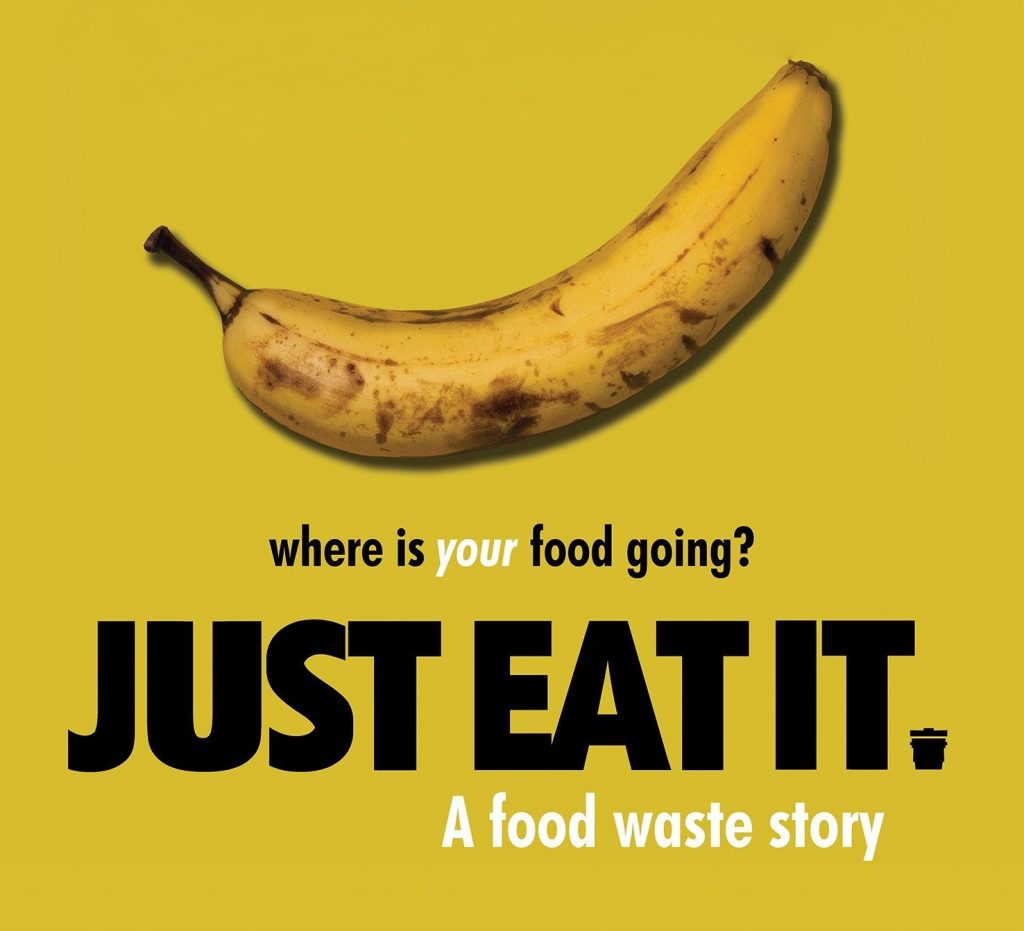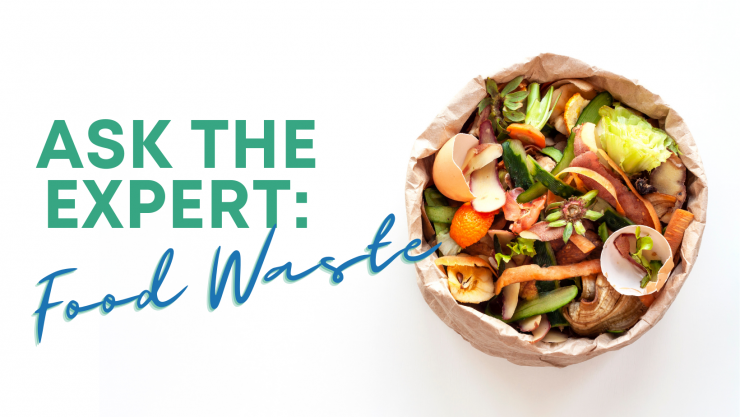During Waste Reduction Week, UK Recycling interns organized a documentary screening on food waste – Just Eat It. It’s free on YouTube, so go watch it!
Sometimes documentaries can seem overwhelming and leave us feeling hopeless. We decided to provide a little hope for you and ask a panel of experts some questions to help us navigate this large and problematic challenge.

Campus Kitchen is an organization at the University of Kentucky whose mission is to fight food insecurity faced by students and in the larger community. Samantha Udarbe, who provided the following answers, is a senior here at UK who served as the President of CKUK this school year, and has been involved with the organization for several years now. Here’s what she had to say.
How can communities fight against the issue of food waste, as well as food insecurity, in a sustainable and ethical manner?
“The most important thing is to first educate yourself on the issues at hand and how they interconnect. The food system in the United States is complex and it is important to understand how it functions in order to understand where the issues of food waste and food insecurity arise.
Also, I think that tackling these issues at their root causes is extremely important because serving food to individuals facing food insecurity or recovering food waste are just temporary fixes to these larger issues. That is why CKUK strives to go ‘beyond the meal’ and educate students and community members on nutrition, health & wellness and sustainability.”
What is UK doing to reduce the amount of food waste it generates/reduce the environmental impact of food waste that has already been created?
“UK has been doing a great job at reducing the amount of food waste that is created on campus. We have been working closely with UK Dining to utilize their composting program so that leftover foods that are collected at the dining halls or through our operations with CKUK can be utilized as nutrients. We have also seen an increase of food recovery from UK Dining, and that’s important because it means they recognize our organization as a place that can transform leftover food into nutritious meals to serve to students and community members.”
As individuals, what do you think is the largest step we can take to lessen our footprint in terms of the food we consume?
“I think that the largest step that individuals can take is to reduce their food waste by being more conscious about the quantity of food that they purchase and its environmental impacts. I have noticed since being a part of CKUK that my food purchases have changed significantly. I always assess whether or not I will realistically eat the food in time before I buy it and find creative ways to use ingredients in my kitchen that are about to go bad. I also believe that consuming less animal products is a significant step to lessen your footprint. It may seem like it is too dramatic of a lifestyle change to not consume any animal products, but even just being more conscious about how often you are purchasing and consuming animal products I think can be a huge difference.”

When you go grocery shopping, take a list with you to avoid unnecessary purchases that might go to waste!



























